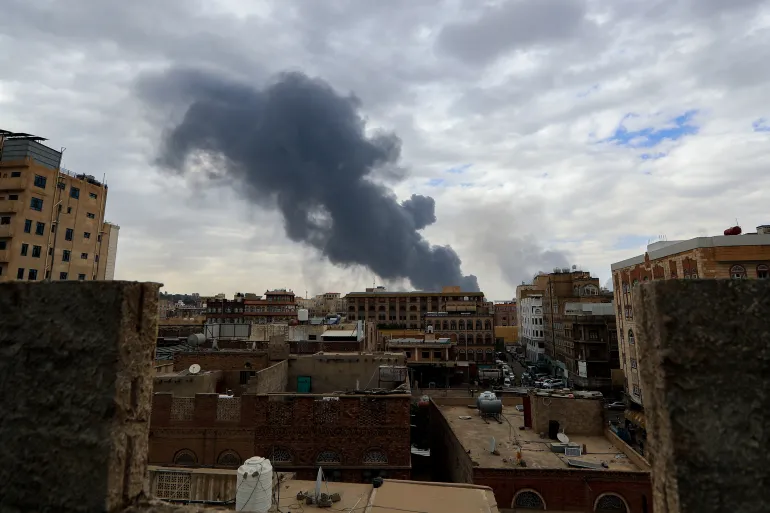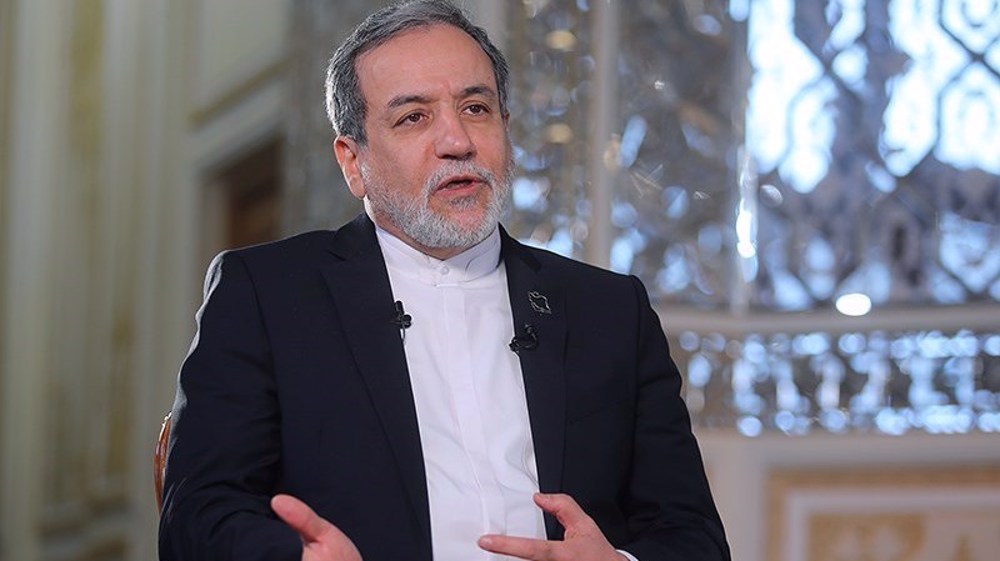Israel launched a series of airstrikes on Yemen’s western port city of Hodeidah on Saturday, escalating tensions with the Iran-aligned Houthi movement that controls the region. The attack specifically targeted key port infrastructure and nearby areas under Houthi control, marking a significant development in Israel’s ongoing confrontation with the group.
According to Houthi media and security officials in Yemen, the strikes hit the Hodeidah port and a nearby coastal strip. The city, a strategic location on the Red Sea, serves as a vital supply hub and is controlled by the Houthis, who have increasingly aligned their military activities with the broader regional resistance to Israel’s war on Gaza.
“The Israeli enemy carried out a series of airstrikes on Hodeidah governorate,” a statement by the Houthi-run Al-Masirah TV reported. The Houthis confirmed that a power generation station and storage facilities at the port were hit in the raid, but no casualties had yet been confirmed.
Israel’s military issued evacuation warnings for the ports of Hodeidah, Salif, and Ras Issa prior to launching the assault. These warnings signaled the start of a more direct Israeli engagement with the Houthis, who have been launching ballistic missiles and drones toward Israel since the start of the Gaza war in October 2024. The Houthis claim their strikes are in support of Palestinians.
The latest escalation follows a missile fired by the Houthis earlier this month that landed near Tel Aviv’s Ben Gurion International Airport, injuring four civilians. It marked one of the most direct and far-reaching Houthi attacks on Israeli territory to date.
In response, the Israeli military said it had “conducted strikes in the area of Hodeidah port in Yemen,” adding that “military targets used by the Houthi terrorist organization” were hit. The Israeli government has repeatedly stated it will retaliate against any group or nation that attacks Israeli territory, regardless of distance.
Although the United States and the Houthis reached a fragile truce in 2022 that largely reduced direct confrontation in Yemen, that agreement did not include operations targeting Israel. As a result, the Houthis have felt emboldened to continue their drone and missile campaign against Israeli targets, both within Israeli borders and in the Red Sea shipping lanes.
In recent months, Houthi attacks have caused significant disruption to global maritime trade through the Red Sea, as commercial ships—particularly those linked to Israel or Western allies—have been repeatedly targeted. Several international shipping companies have rerouted vessels, opting to avoid the Red Sea altogether in response to the mounting risk.
The Israeli strikes on Saturday appear to be an attempt to degrade the Houthis’ ability to launch these attacks and to send a strong signal of deterrence. However, analysts warn that direct Israeli involvement in Yemen could further widen the scope of the regional conflict and provoke even more aggressive retaliatory actions from the Houthis.
UN officials and humanitarian organizations have expressed concern about the escalation, particularly given Yemen’s fragile situation after years of civil war, famine, and economic collapse. Hodeidah port is a crucial lifeline for humanitarian aid and food shipments, and damage to the facility could exacerbate the already dire conditions for millions of Yemenis.
As of Sunday, neither the UN nor major global powers had issued formal statements about the Israeli strikes, but regional observers are bracing for a potential cycle of tit-for-tat retaliation that could deepen instability across the Middle East.
The Israeli government has not announced whether it plans further operations in Yemen, but officials have emphasized that they are “prepared to defend Israeli citizens against any threat, no matter where it originates.”
The Houthis, meanwhile, vowed to continue their military campaign, calling Israel’s actions a “cowardly aggression” and pledging “painful responses” to come.
Source; Al Jazeera



